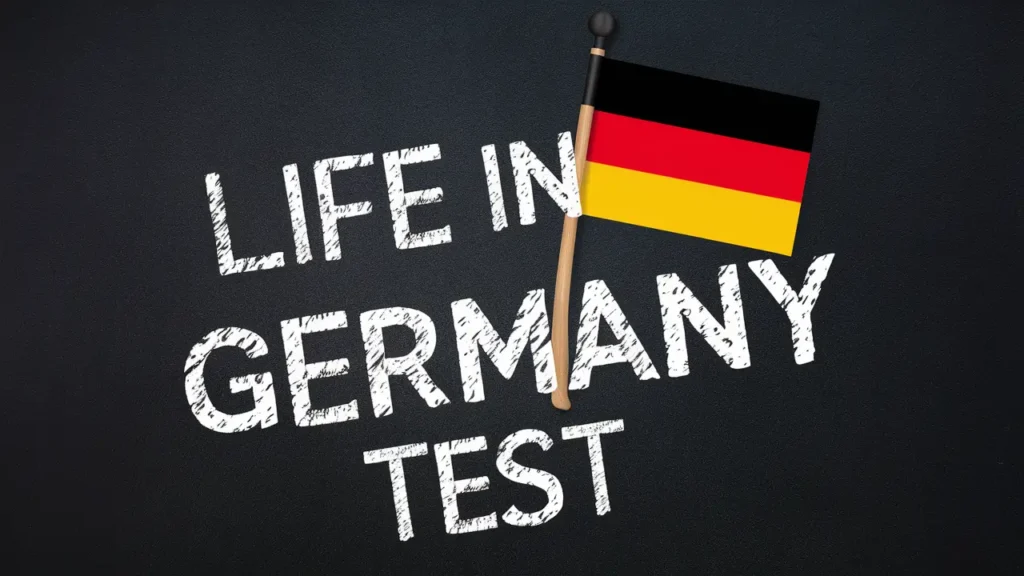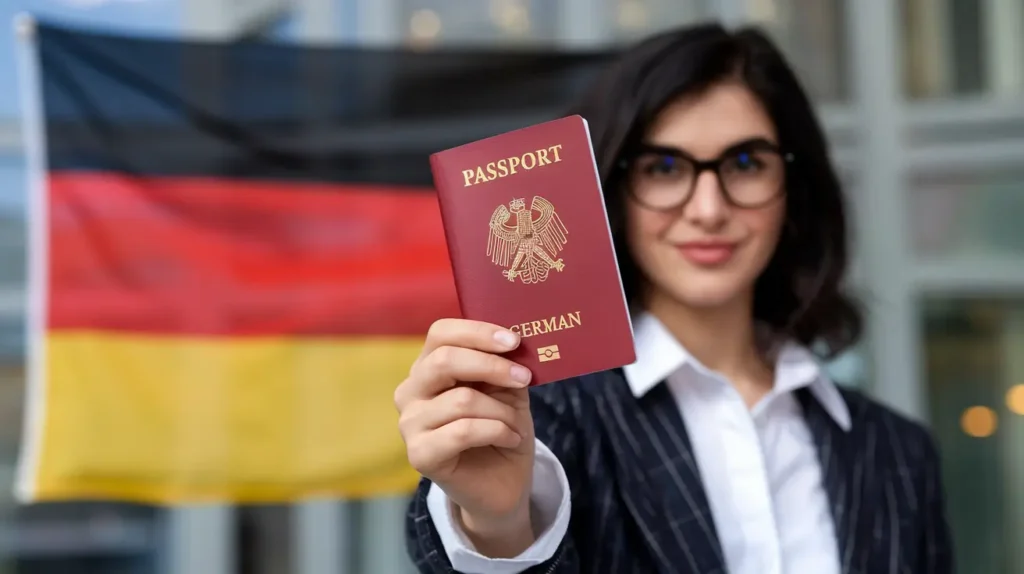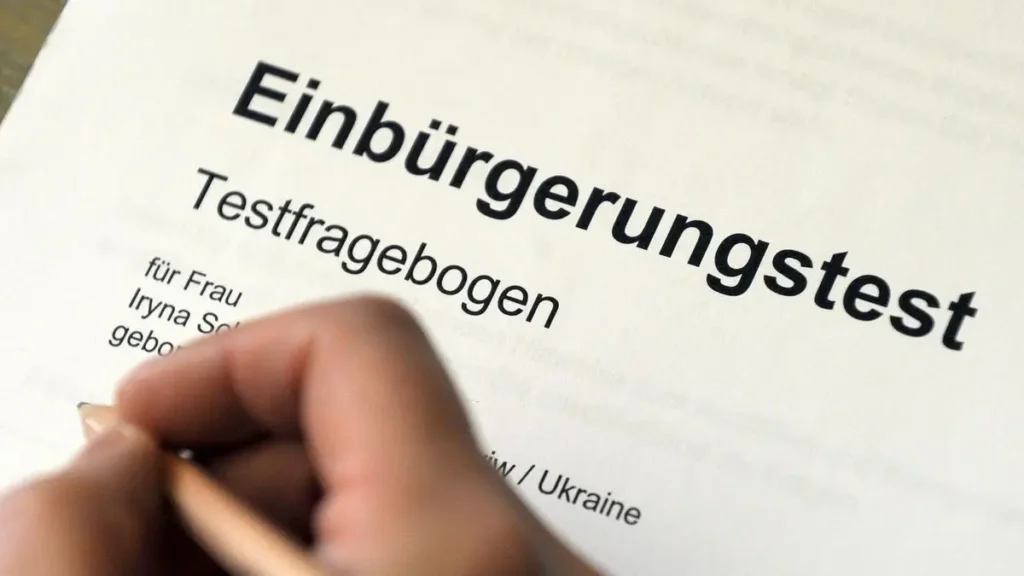In recent years, Germany has become a beacon of hope for many refugees seeking safety and a new beginning. The process of German naturalization for refugees has gained significant attention, especially with the implementation of the new citizenship law. Let’s explore the intricacies of this process, shedding light on the requirements and opportunities for refugees aspiring to become German citizens.
Refugee Status in Germany
Before delving into the naturalization process, it’s crucial to understand who qualifies as a refugee in Germany. According to the Geneva Refugee Convention:
A refugee is someone who resides outside their home country or permanent residence. They either lack adequate protection or fear persecution in their homeland. This definition distinguishes refugees from immigrants who typically leave their countries voluntarily to improve their living conditions.
Refugees often leave their homeland temporarily or permanently, seeking asylum elsewhere. Unlike immigrants, refugees cannot return to their home countries due to safety concerns. The German government recognizes this vulnerability and has tailored its naturalization process accordingly.
German Citizenship for Refugees
The German naturalization of refugees follows a structured yet accommodating process. While the basic requirements align with those for other foreigners, certain aspects are simplified to address the unique circumstances of refugees.
Reduced Residency Requirement
One of the most significant advantages for refugees in the naturalization process is the reduced residency requirement. While regular immigrants must reside in Germany for eight years before applying for citizenship, refugees can apply after just six years. This shorter timeline acknowledges the urgent need for stability in refugees’ lives.
Language Proficiency
Language plays a crucial role in integration. The German government recognizes the challenges refugees face in learning a new language under difficult circumstances. As such, the language requirements for the naturalization test are somewhat relaxed for refugees, as stipulated by the Geneva Refugee Convention.
However, basic German language skills remain essential for effective communication and integration. Refugees are expected to demonstrate proficiency equivalent to level B1 of the Common European Framework of Reference for Languages.
Citizenship Test
All applicants, including refugees, must pass the German citizenship test. This exam assesses knowledge of German laws, society, and culture. It ensures that new citizens understand their rights and responsibilities within the German democratic system.
Continuous Residence and Integration
Refugees must demonstrate a commitment to making Germany their home. This includes maintaining a residence or place of stay for themselves and their family members. The residence should not be temporary, indicating a genuine intention to integrate into German society.
Clean Criminal Record
A clean criminal record is crucial for successful German naturalization of refugees. While minor offenses may not hinder the process, serious crimes can lead to the rejection of the citizenship application. This requirement ensures that new citizens contribute positively to German society.
Financial Independence
Refugees applying for citizenship should be able to support themselves and their families without relying on social welfare or unemployment benefits (Hartz IV). However, exceptions exist for cases where the applicant is not at fault for their financial situation.
The New German Citizenship Law: Implications for Refugees
The recent changes in German citizenship law have significant implications for the German naturalization of refugees. These changes aim to streamline the process and make it more accessible to those who have made Germany their new home.
Dual Citizenship
One of the most notable changes is the acceptance of dual citizenship. Previously, refugees often had to renounce their original citizenship to become German citizens. The new law allows them to retain their original citizenship, acknowledging the complex emotional and practical ties refugees may have with their countries of origin.
Shortened Residency Requirement
The new law further reduces the residency requirement for certain cases. Refugees who demonstrate exceptional integration efforts may be eligible for citizenship after just five years. This change rewards those who actively engage in German society and make significant efforts to integrate.
Language Requirement Flexibility
While language proficiency remains important, the new law introduces more flexibility. It recognizes that learning a new language can be challenging, especially for older refugees or those with limited educational backgrounds. Alternative ways to demonstrate integration, such as civic engagement or professional achievements, may now be considered alongside language skills.
Challenges and Opportunities in the Naturalization Process
Despite the accommodations made for refugees, the German naturalization process can still present challenges. Language acquisition, cultural adaptation, and financial stability are common hurdles. However, these challenges also present opportunities for personal growth and community integration.
Many organizations and government programs support refugees throughout their integration journey. Language courses, job training programs, and cultural exchange initiatives help refugees overcome these challenges and prepare for citizenship.
The Impact of Refugee Naturalization on German Society
The German naturalization of refugees has a profound impact on both the individuals involved and German society as a whole. For refugees, citizenship provides a sense of belonging and security. It allows them to fully participate in the democratic process and contributes to their long-term integration.
For German society, the naturalization of refugees brings diversity, new perspectives, and often much-needed skills to the workforce. It also reflects Germany’s commitment to humanitarian values and international responsibilities.
Refugee Integration in Germany
As Germany continues to refine its approach to the German naturalization of refugees, several key areas remain in focus:
- Streamlining bureaucratic processes to make naturalization more efficient.
- Enhancing integration support, particularly in language learning and job market access.
- Addressing the unique needs of different refugee groups, recognizing that one-size-fits-all approaches may not be effective.
- Fostering community engagement to promote mutual understanding between refugees and long-term residents.
The path to German citizenship for refugees is more than a legal process. It represents a journey of resilience, adaptation, and hope. As Germany continues to welcome those seeking safety and a new beginning, the naturalization process will undoubtedly evolve, always striving to balance national interests with humanitarian responsibilities.
The German naturalization of refugees remains a complex but rewarding process. It offers a chance for a new life and contributes to the rich tapestry of German society. As the country moves forward, the integration and naturalization of refugees will continue to shape Germany’s identity as a diverse and inclusive nation.




